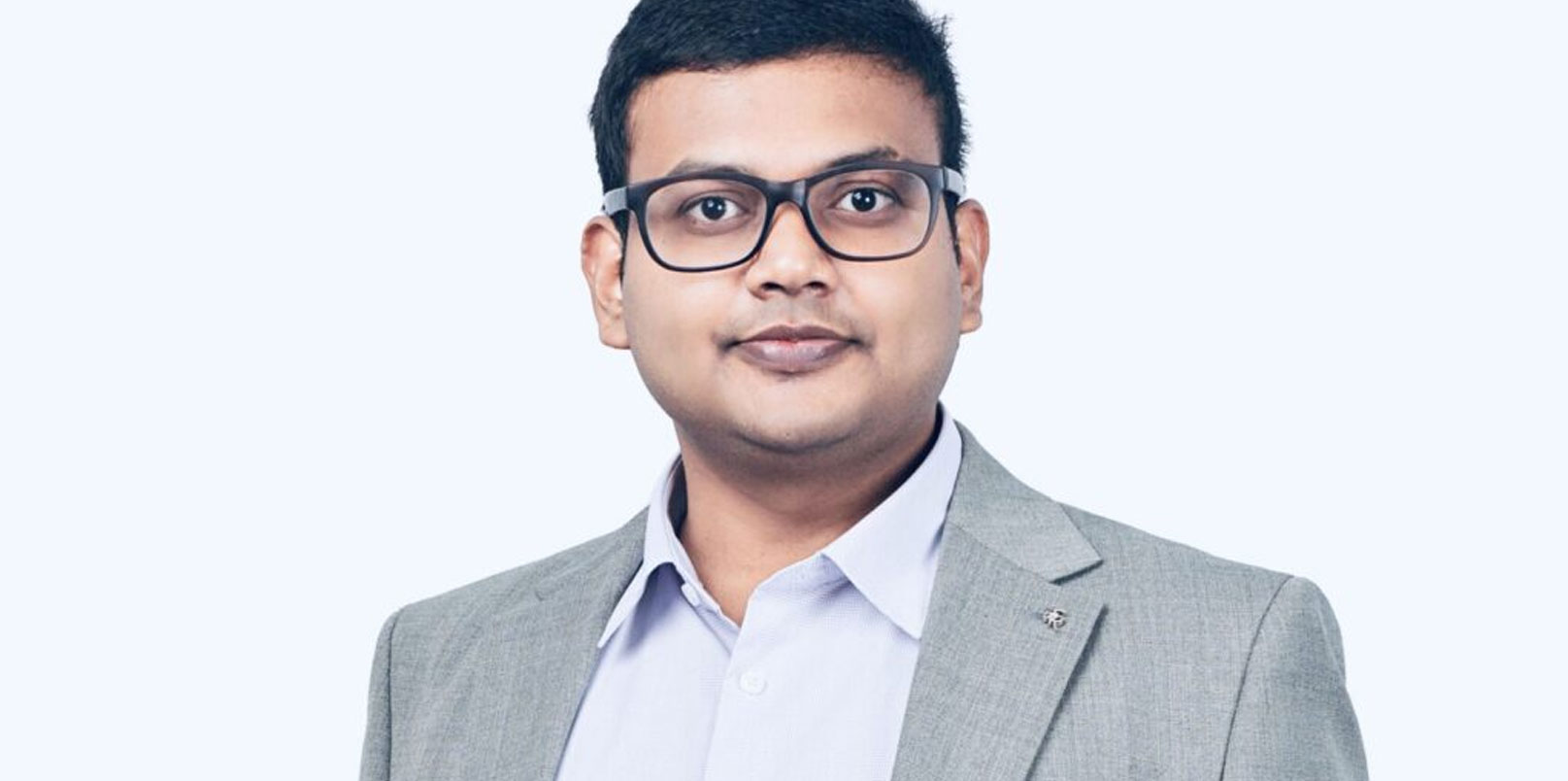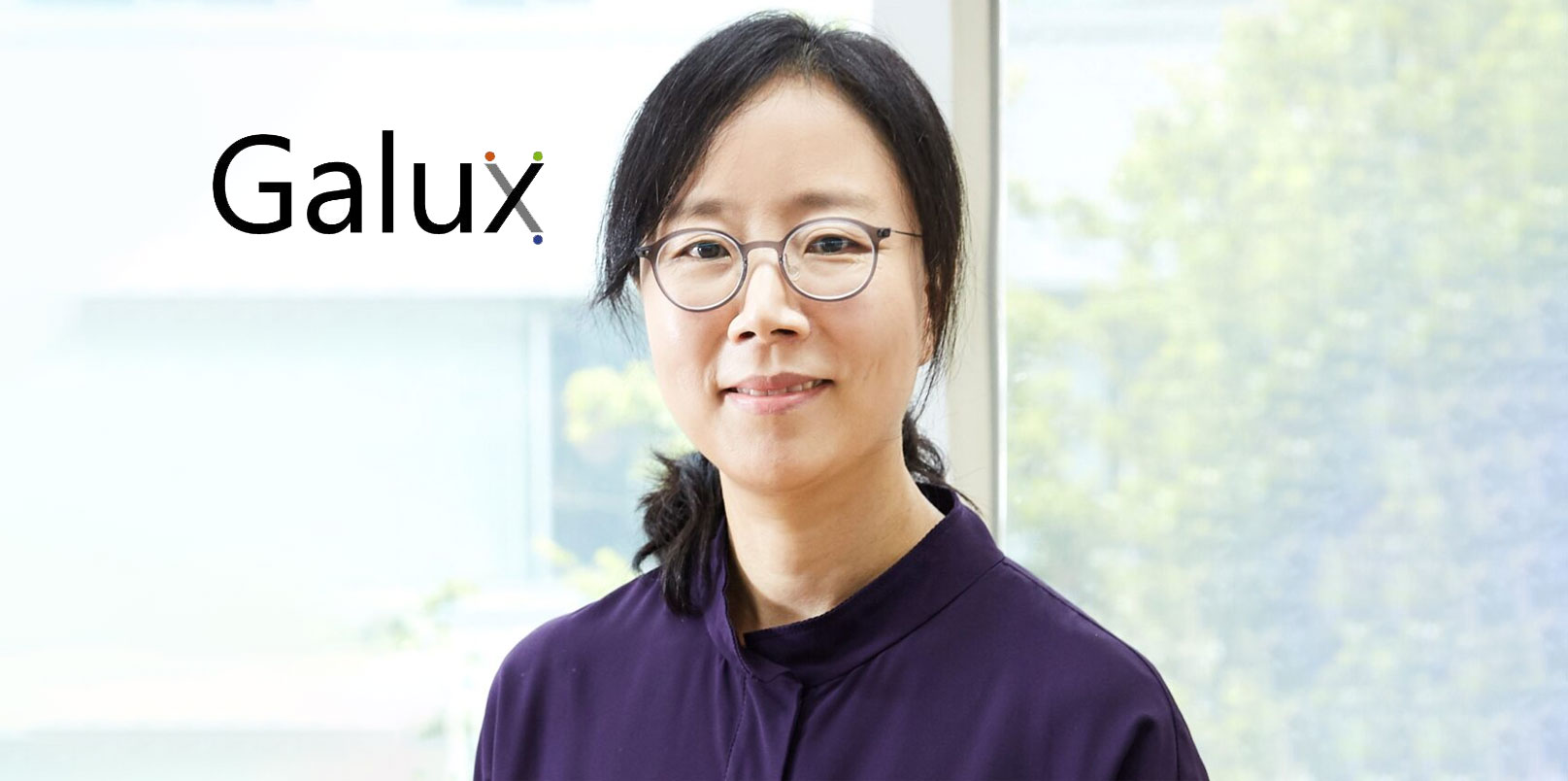Moshe Sarfaty is the founder and co-owner of Krypton VC. The Yale University graduate with a dual degree in Economics & International Studies has several years of experience in investment banking, trading, business valuation & strategy, and equity funds. Moshe has been a former Group President of a multinational financial group with over 300 employees and 6 branches worldwide. Prior to that he co-founded and managed a company in Belize, which recognized the promise of river logging in the country and its “Green” potential. He oversaw the project in its pilot stage while forming business relationships with the highest echelon of Belizean officials and its business community. He guided the project until it exited.
Before that, he was an Investment Banker in Bank of America Merrill Lynch in NYC a part of investment grade capital markets division. Moshe has also been a keen sportsman with squash being his forte. He was the first ever Israeli varsity captain at Yale University as part of the Yale Squash Ivy League Champion (2006) team.
He now uses his large skill set, experience, and qualities to invest, mentor and transform small promising businesses into independent profitable ones. Moshe Sarfaty spoke to koreatechdesk.com regarding investing in startups and his advice to new entrepreneurs.
1. What background and domain expertise do you have and what made you turn into an investor?
I have vast experience in finance banking and internet ventures. I decided that as an investor I can combine all mentioned skills and help others the way some good people helped me along the way.
2. As an investor, what kind of startups have you invested in and how did you find them?
I have developed a vast network of business relationships of over 600 business and market leaders in the market that help me to generate high-quality deal flow. All of our startups arrived through third-party introductions, conferences and direct application through our web site.
3. What would be the core factors that you decide to invest in those particular companies?
The far most important factor for me is the team. As an early stage investor, I want the team to be complete. It means I want to make sure that the core components needed for the startup will be covered by its founders. In addition, I always want the team to be reliable, honest and open for healthy discussion and feedback. Not all entrepreneurs like to hear others’ comments and their feedback which is a very dangerous situation for early-stage companies.
4. What is the investment range of your company and in a typical year, how many startups do you invest in? And do S. Korea-headquartered startups get investment from you or should it be headquartered in certain countries?
We invest $500-1.5 million per startup as an initial investment and of course, do needed follow-up on investments. We invest in around 4-5 companies per year and every startup considered the same way. Of course, local startups will have more “points” as we like early-stage companies close to us.
5. What are the main factors that startups fail as per your experience and how can they prevent mistakes in advance from your personal perspective?
Early stage startups fail mainly because lack of adaptability to market and due to internal issues. Having early stage startup means many nights without sleep and a large amount of surprises. Not all teams can be on this rollercoaster for a long time.
6. What’s your advice to entrepreneurs who meet investors like you and what are the top 3 questions you always ask founders?
My best advice is to come prepared and be themselves. It is very important to reflect the other side to the reality as is including problems as it shows the team is mature and open for help. In the first meeting, I usually ask about the core product, competitors and personal questions to get to know the people better.
7. What’s your general thought about the term “Global” and what are the important factors for Korean startups to consider for a US expansion?
Today Global is not an unusual term. Any technology company must think and understand a few markets, especially ones that come from small markets. First expansion for the companies should not be to the leading market like the US but should be to global and still close markets. The mentioned expansion can be international expansion but at the same time, an easier location for beta site
8. As you know, our company name is “beSUCCESS”, what’s your definition of the term “success” as an investor or as an individual human being?
As someone that was an athlete all of his life and the Israeli national squash champion, I believe that being successful is being the best. The desire to be the best and the hard work it takes always brings good things along the way.
9. What are the one or two things you would do differently if you could go back to 10 years ago?
I would have stayed in the US after my graduation from Yale University and after working for Bank of America.
10. When you come to Korea next time, what kind of Korean entrepreneurs and startups do you want to meet?
Early stage with flash in their eyes to be successful.






